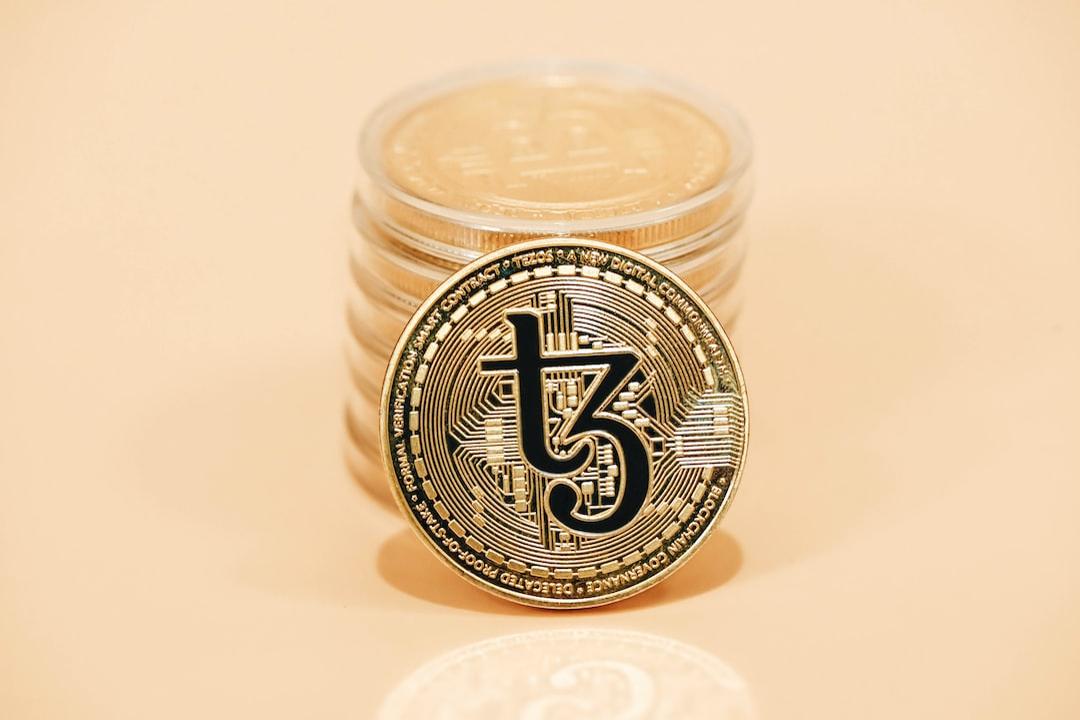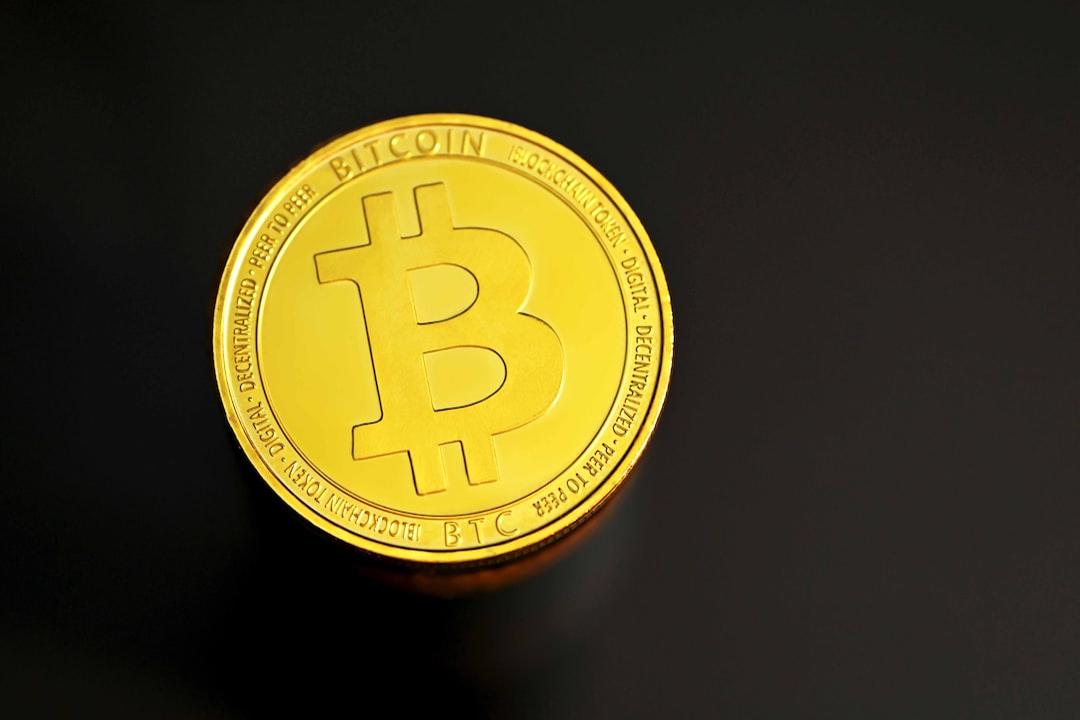Coinbase Previews Tokenized Stocks, Prediction Markets, and Early Token Sales in the U.S., Aiming to Create a Comprehensive Exchange
(Background: Coinbase launches the “Base App,” a super application integrating wallet, payment, and social features)
(Context: PayPal launches PayPal World: connecting payment providers like Venmo, reaching over 2 billion users)
As the largest cryptocurrency exchange in the United States, Coinbase is pushing “on-chain finance” to the next level. According to a report from CNBC, the company’s vice president announced that Coinbase will open tokenized stocks and prediction markets to U.S. customers while simultaneously rolling out early token sale features, with the goal of creating a “universal exchange.”
Coinbase is becoming the everything exchange.
All assets will inevitably move on-chain, so we want to have everything you want to trade in one place.
Incoming: DEX integration (access millions of assets) + expansion of our derivatives offerings.
Next: tokenized equities + more.
— Brian Armstrong (@brian_armstrong) July 31, 2025
One-Stop On-Chain Trading: Three Major Products Unveiled
Coinbase’s new product offerings focus on three main areas: tokenized stocks, prediction markets, and early token sales. Tokenized stocks bring equity on-chain, lowering entry barriers and shortening settlement times. Prediction markets allow users to bet on elections, inflation, or sporting events (similar to Polymarket’s services), while early token sales provide new projects with opportunities to reach users. These three businesses are expected to share wallets and authentication to reduce redundant development.
Vice President Max Branzburg summarized the vision:
You can trade everything you want, all in one place, on-chain.
Flexibility Amid Competitive Pressure
Coinbase’s move demonstrates its ambition to expand its product offerings; however, the market for these new products is highly competitive. Robinhood, Kraken, and Gemini have already experimented with tokenized stocks overseas, while Kalshi holds a license for prediction markets, and Polymarket plans to return to the U.S. market. If Coinbase can secure regulatory approval ahead of its competitors, it stands to guide its 11 million monthly active users into the market; otherwise, the spoils of the U.S. market may be shared among rivals.
Regulatory Focus: Who Gets to Decide?
Among these three goals, tokenized stocks hold the greatest potential. However, this product involves securities law, and the differences in state laws leave little room for innovation. Currently, Coinbase is seeking a “no-action letter” from the SEC to ensure compliance with KYC, anti-money laundering, and information disclosure requirements.
Even if the new administration is friendly, institutions remain concerned about market manipulation and leverage risks, which could delay timelines. If regulators do not agree or if user interest wanes, the substantial compliance and research and development expenditures could become a burden.
Overall, Coinbase aims to bundle stocks, prediction events, and early tokens onto the blockchain, creating a new experimental ground for U.S. financial infrastructure. Moving forward, each hearing and each update of user agreements will be crucial moments in determining whether Coinbase’s “universal exchange” can set new standards.

Related Reports
Jack Dorsey’s payment company Block enters the S&P 500, stock price surges 8.5%! Sticking to dollar-cost averaging in Bitcoin.
South Korean Lotte Card applies for 36 Korean won stablecoin trademarks: Optimistic about mainstream daily payments.
Solayer Travel blockchain booking site launches on the Solana ecosystem, supporting USDC payments.


